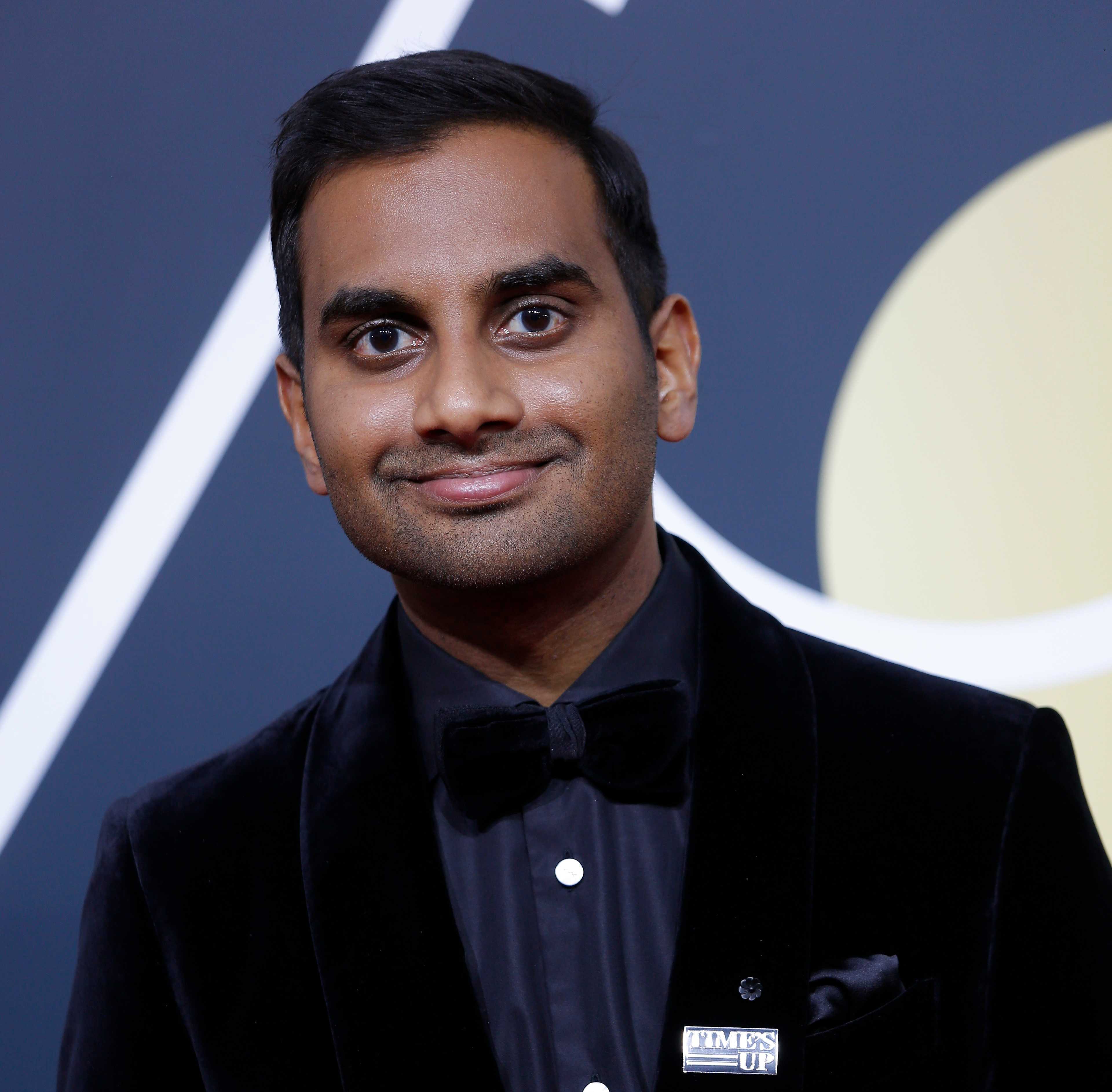
By CASEY STANFORD
Staff Writer
It has been hard to follow the news over the past few months without seeing discussion of the #MeToo movement, the discussion of sexual assault and harassment in the workplace, particularly the entertainment industry. This movement has had a wonderful impact on the public consciousness: providing a place of sympathy and comfort for those who have been victims of sexual misconduct, and generating widespread awareness of this shameful problem among people who have not, especially among men.
Encouraged by the exposure of high-profile abuse, specifically the watershed case of producer and abuser Harvey Weinstein, many celebrities have reported their stories of sexual violence, and others have had charges of sexual violence brought against them, notably actor Kevin Spacey, comedian Louis C. K., former senator Al Franken (who stepped down after the allegations) and many more.
The most controversial case has been that of actor Aziz Ansari, who was accused of misconduct by a woman under the pseudonym Grace in an article on the women’s lifestyle site babe.net. In the following weeks, Ansari’s case became a hotbed of discussion and was attacked by some as sensationalist news and an overcorrection by the movement–in other words, pushing so hard for awareness and accountability that innocent men get caught up without due process. This case provides a convenient window into the danger of false or even exaggerated accusations in the age of social media.
The reason allegations against Ansari have been so controversial is not the concern about their validity, but the nature of the actual events. Grace described an uncomfortable encounter in which Ansari was aggressive, somewhat boorish and more interested in sex than she was.
The first time she explicitly said that she didn’t want to have sex, Ansari suggested they put their clothes on and “chill” on the couch. And the next day, when Grace told Ansari how she had felt, he apologized to her and said he was unaware she felt uncomfortable, which he has also done publicly while continuing to support the movement that attacked him. Some #MeToo advocates continue to attack Ansari, while others have defended him, stating that his behavior was part of a societal pattern that needs to change, but that he himself committed no crime and that to compare him to real abusers cheapens the movement. This story has somewhat split the movement, as debate raged online and in dueling opinion articles.
Those who persecute Ansari only damage the reputation of the entire movement due to such a radical stance on the standard for what can be considered a crime against ideal societal standards. One sensible article, “Aziz Ansari is Guilty. Of Not Being A Mind Reader”, by Bari Weiss in the New York Times, makes the point that while “Ansari sounds as if he were aggressive and selfish and obnoxious that night,” the story has the key problem that “the only person with any agency in the story seems to be Aziz Ansari.”
That is to say, Grace accuses Ansari of violating her when his only true crime was failing to recognize her “nonverbal cues”. Ansari had no power over Grace, and to demonize him alongside abusers like Weinstein simply for a consensual, albeit uncomfortable romantic encounter minimizes the trauma of those who are truly abused.
This segues into another problematic piece of this puzzle: the effects that false or weak allegations can have even without actual misconduct. In the modern court of social opinion, those accused can be punished before any legal proceedings, losing their jobs to outrage, even poorly founded outrage. Weinstein was definitely guilty, but even he was dismissed from his company and removed from the Academy of Motion Picture Arts and Sciences by other members, not punished by judicial decision.
Teen Vogue writer Emily Lindin tweeted last November to say that she was “actually not at all concerned about innocent men losing their jobs over false sexual assault/harassment allegations.” This kind of statement is dangerous because it displays the actual dangers of the movement acting in ways dangerous to innocents. Writer Lindy West said in a New York Times opinion article against Ansari that “if you’re fretting about the perceived overreach of #MeToo, maybe start by examining the ways you’ve upheld the stigmatization of feminism.” This kind of dismissal of any opposing opinion as founded in sexism combined with the sheer disregard for due process marks a present danger to any innocents unlucky enough to fall into the path of this arm of the movement.
This sort of rhetoric, reminiscent of the McCarthy era and Salem Witch Trials, is also dangerous because of its damage to the reputation of the legitimate and good part of #MeToo. CNN Writer Carol Costello summarizes the problem best in an appeal to Lindin in a CNN article, saying “Emily, you are giving the backlashers ammunition by characterizing our watershed moment as nothing more than a witch hunt. I am ecstatic that so many women are coming forward with stories of harassment and assault. But, I also fervently believe we — as supporters — have to keep a lid on over-correcting wrongs. We cannot celebrate innocent men paying a price for those who are truly guilty.”
And that is the true danger of the double-edged sword on which one part of the #MeToo movement is attempting to impale itself: bringing down its innocent targets and the reputation of the rest of the movement in the process.
When #MeToo goes too far
February 9, 2018
1
0
Donate to Sword & Shield
$180
$1000
Contributed
Our Goal
Your donation will support the student journalists of University High School. Your contribution will allow us to purchase equipment and cover our annual website hosting costs.
More to Discover














kertsen • Mar 8, 2018 at 4:00 am
It has always been historically accepted that men must make the first sexual advance. This makes it necessary for women to encourage that advance if they wish to proceed with further action. Naturally no man can tell how far the women may wish to continue and many women in this position may decide as the action proceeds if it is to be carried to fulfillment. Some men may rethink their intentions as this joust proceeds and decide for all sorts of reasons to discreetly withdraw ( no pun intended ).
All of this complex activity is also affected by the status of the man and woman involved. Today the guilt of being married or engaged is not so strong , and age plays less of a part than it used to do.
We see this played out in the lives of the famous who engage in all sorts of intrigues and games without breaking the law.
The problem arises when we consider compulsion but remember it is only a step away from persuasion.